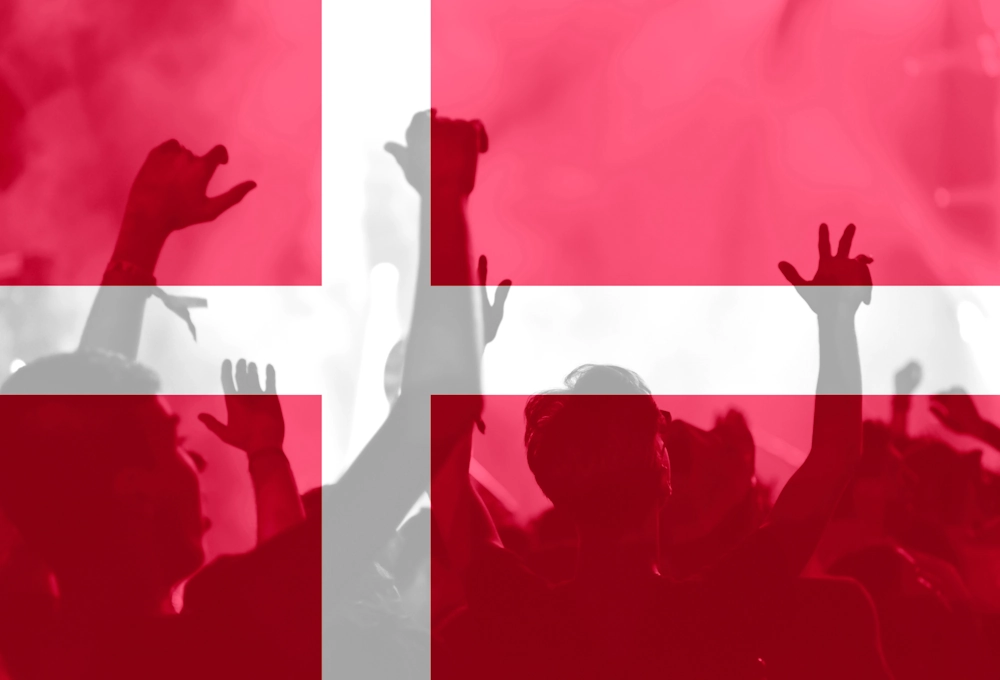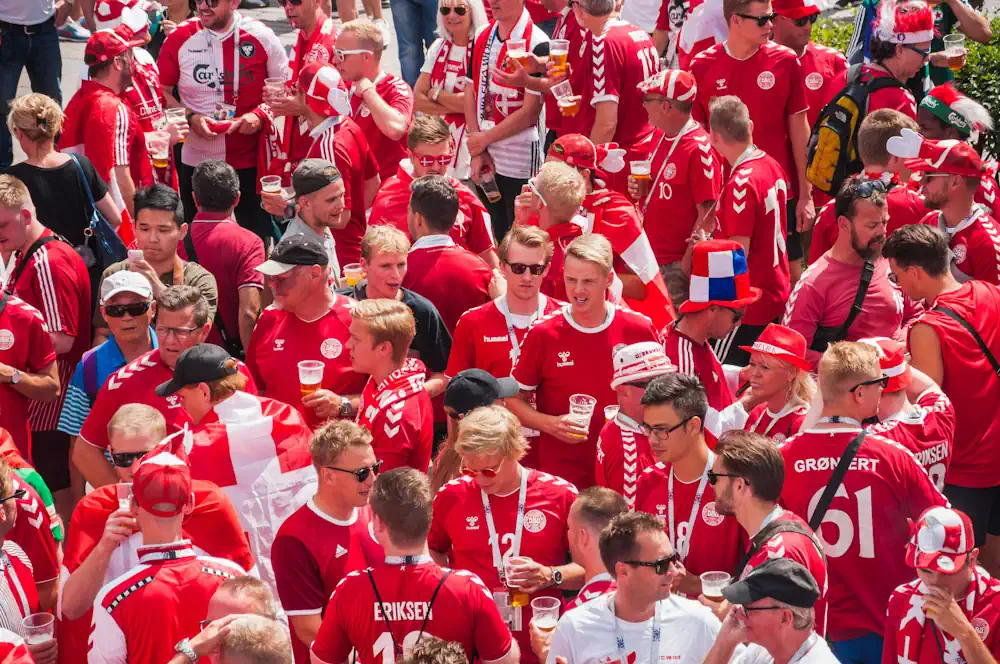The Danish miracle in the Euro 1992
The title of the article uses the word miracle and there is no other way to describe the series of situations that occurred so that a team that was not even going to participate in the tournament ended up being crowned champions. It is possibly one of the most incredible stories that occurred in top-level football and today we are going to review the context and events that made that miracle possible.
Euro 1992 qualifying
Shortly after the 1990 FIFA World Cup in Italy ended, qualification for the 1992 Euros began, where Denmark was in the group with Yugoslavia, Austria, Northern Ireland and the Faroe Islands. The classification consisted of 7 groups (2 of 4 teams and 5 of 5 teams), where the first in each group qualified along with the host national team, to complete the 8 teams that would compete in the Euro. At that time, the Euro only had eight participants.That qualifying stage for the Euro was the first challenge of the new project led by Richard Moller Nielsen, a coach who had just worked as head coach of the Denmark national futsal team and as assistant to the German Sepp Piontek, who coached the Denmark national football team for 11 years. The Danish team performed well, but they finished second, one point behind the powerful Yugoslavia, which at that time had players like Dejan Savicevic or a young Sinisa Mihajlovic.
Geopolitics
The geopolitical scenario of the late 80s and early 90s in Europe, mainly, was very changing and this ended up affecting sport in one way or another. At the end of 1989, the fall of the Berlin Wall occurred, which led to the unification of the two Germanys. In 1991, 11 of the 15 countries that made up the Soviet Union met for the birth of the CIS (Commonwealth of Independent States) and the consequent disintegration of the Soviet Union. Both the CIS and the reunified Germany were part of Euro 1992.That same year, the first war conflicts began between the regions that made up Yugoslavia, which led to the separation of the country and which would last a total of a decade. On May 31, 1992, 10 days before the start of the Euro, UEFA decided to leave Yugoslavia out of the competition due to various international sanctions that fell on that country. In this way, the highest body of European football announced that Denmark, as second in the Yugoslavia group, would go to the Euros.
Euro 1992 preview
The Danish players were on vacation as they had finished their seasons with their respective clubs and did not, in first instance, plan to participate in any competition as a national team. Although they had not held any preparation matches before UEFA's announcement, based on rumors, the Danes began preparing a few days before it became official that Yugoslavia was out of the Euros.Due to conflicts with the coach, the Laudrup brothers left the national team at the end of 1990 and Jan Molby and Jan Heintze were removed for disciplinary reasons. Brian Laudrup had returned to the national team a month before UEFA's announcement and was included in the Danish team's squad for Euro 1992. His brother Michael, who was Denmark's main player and one of the best players in the world at the time, remained firm in his decision and did not participate in the tournament, going so far as to declare that he did not see much chance for his national team in the Euro.

The tournament
The eight participants of the Euro were divided into two groups of four teams each, where the first two qualified for the semifinals, with the first places facing off against the second. In 1992, the groups consisted of Sweden (hosts for the tournament), Denmark, France and England in group A and Germany, CIS, Netherlands and Scotland in group B.Denmark debuted against the England national team, which had players like Martin Keown, David Platt, Paul Merson and Gary Lineker. The Danes and English did not go beyond a 0-0 draw thanks to the outstanding performance of Peter Schmeichel who prevented several goals from England, which gave Jensen the opportunity to almost score the winning goal thanks to a shot that hit the post.
In the second game, the host national team was waiting, with the public in favor, managed to beat Nielsen's team by the slightest difference, with the goal of Tomas Brolin, an outstanding midfielder who played for Parma at the time of the tournament and who always stood out for scoring many goals with his national team and here was no exception. Denmark had 1 point and was in last place in the group, so the match against France was decisive.
Laurent Blanc, Didier Deschamps, Jean-Pierre Papin and Eric Cantona are some of the names that could be seen in the starting eleven of the France national team that faced a needy Denmark. In addition to beating France, the Danes needed England not to defeat Sweden. Both games were played simultaneously and just four minutes later, David Platt put England ahead although Henrik Larsen scored for the Danes. The results would remain the same until halftime.
Eriksson equalized for the Swedes in the 51st minute but Papin also did it for France. The game became considerably rougher and the French gradually dominated the match. In the 78th minute, Lars Elstrup managed to finish a quick play by Denmark and put them in qualifying positions, which was confirmed when Brolin scored the winning goal for the Swedes. In this way, Sweden ranked first and Denmark ranked second.
In group B, Netherlands was first and Germany second, so the Dutch were waiting for the Danes in the semi-finals. In an exciting match that would have Denmark going ahead twice on the scoreboard, with two goals from Larsen, but that Bergkamp and Rijkaard managed to equalize, they would go to the penalty shootout. To give a little more context, Netherlands were the current champions and had very important players, in addition to the already mentioned Bergkamp and Rijkaard, in Frank De Boer, Koeman, Gullit and Van Basten. The latter missed the second of the penalties (the only one of the shootout for either team) and allowed Nielsen's team to be one step away from a miracle.
The Final
After facing the reigning Euro champions, Denmark had to overcome the current world champions to be crowned in the tournament. The Germans had a very strong team in all positions, starting with Illgner in goal, Jurgen Kohler and Andreas Brehme in defense, Sammer and Effenberg in midfield and none other than Jurgen Klinsmann in attack. This did not scare the Danes who took the lead in the 18th minute with a powerful right shot from Jensen and knew how to defend stoically thanks to Schmeichel's interventions.A counterattack in the final part of the match allowed Vilfort to score the second goal and give the European Cup to his country. And that's how this fairy tale comes to an end. As a national team that was not even going to participate in the Euro, that did not have its top figure and that did not even have adequate preparation, manages to eliminate France, England, Netherlands and Germany, to lift the Euro.
